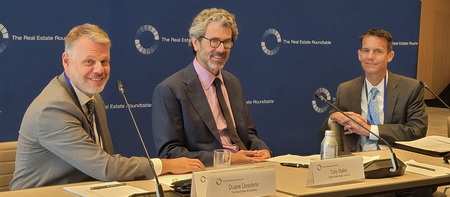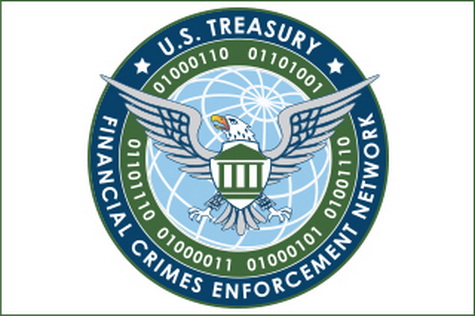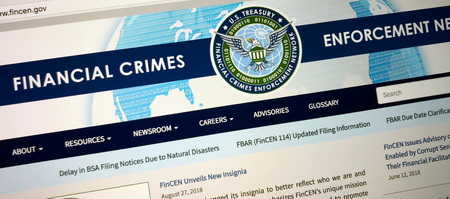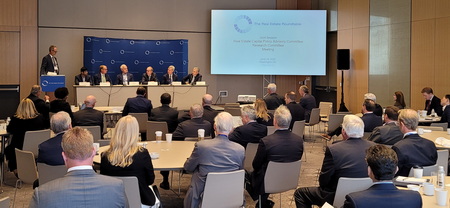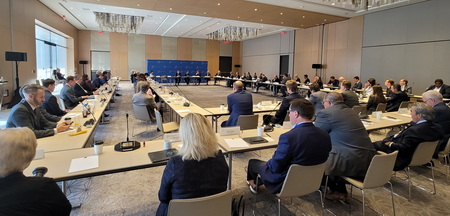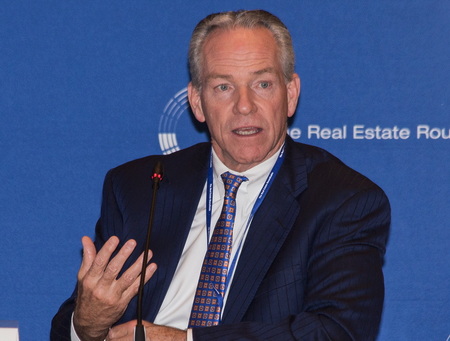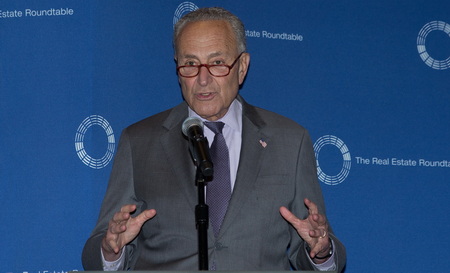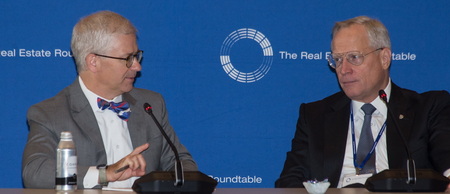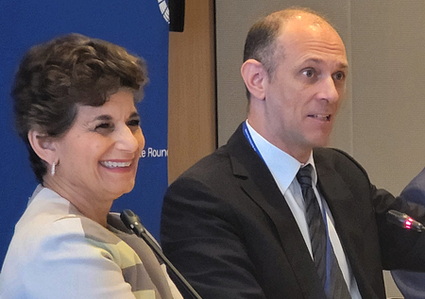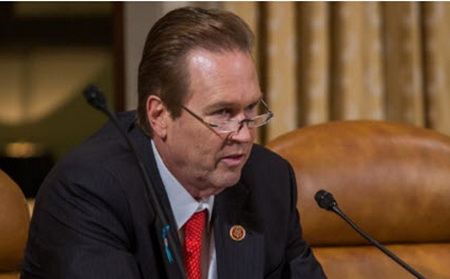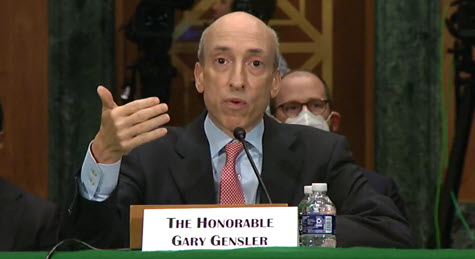The Treasury Department and Internal Revenue Service (IRS) issued six separate notices this week to gather public input regarding the clean energy tax credits and deductions in the Inflation Reduction Act (IRA). (Treasury Fact Sheet, Oct. 4 and Roundtable Weekly, Sept. 30)
CRE Impact
- The Treasury and IRS notices most relevant to the real estate industry concern the new law’s provisions regarding:
- Incentives to improve energy efficiency such as the tax deduction for commercial buildings (Section 179D) and the credit for single- and multi-family residential construction (Section 45L);
- Credits for specific clean energy technologies like solar panels, energy storage, combined heat and power systems, dynamic glass, and grid interconnection property (Section 48);
- Credit monetization which can allow businesses to transfer the amount of certain credits to third parties; and
- Enhancements to boost the value of certain credits where projects are located in economically distressed areas, or that meet labor requirements for prevailing wages and apprenticeship hiring.
- Comments are due to the Treasury and IRS by November 4.
- Roundtable fact sheets detail the IRA’s Clean Energy Tax Incentives (Sept. 20) and Revenue Provisions (Aug. 17).
Rapid Implementation
- Congress authorized $270 billion to the IRA’s clean energy tax incentives – putting Treasury and the IRS, in coordination with the Energy Department and the Environmental Protection Agency, at the forefront of implementation. (E&E Greenwire, Oct. 5 and Roundtable Weekly, Aug. 12)
- One of Treasury’s guiding principles for the public comment process is to “provide clarity and certainty” for businesses and other taxpayers to access the incentives, “so the climate and economic benefits can take effect as quickly as possible.” (Treasury Fact Sheet)
- White House Senior Adviser John Podesta said, “We have to get implementation right. That means we have to listen, engage, and move quickly to translate policy into action.” (Reuters and Bloomberg Law, Oct. 5)
The Roundtable, working through its Sustainability and Tax Policy Advisory Committees (SPAC and TPAC), will coordinate with industry partners to develop comments to the Treasury and IRS notices that highlight CRE clean energy priorities.
# # #
